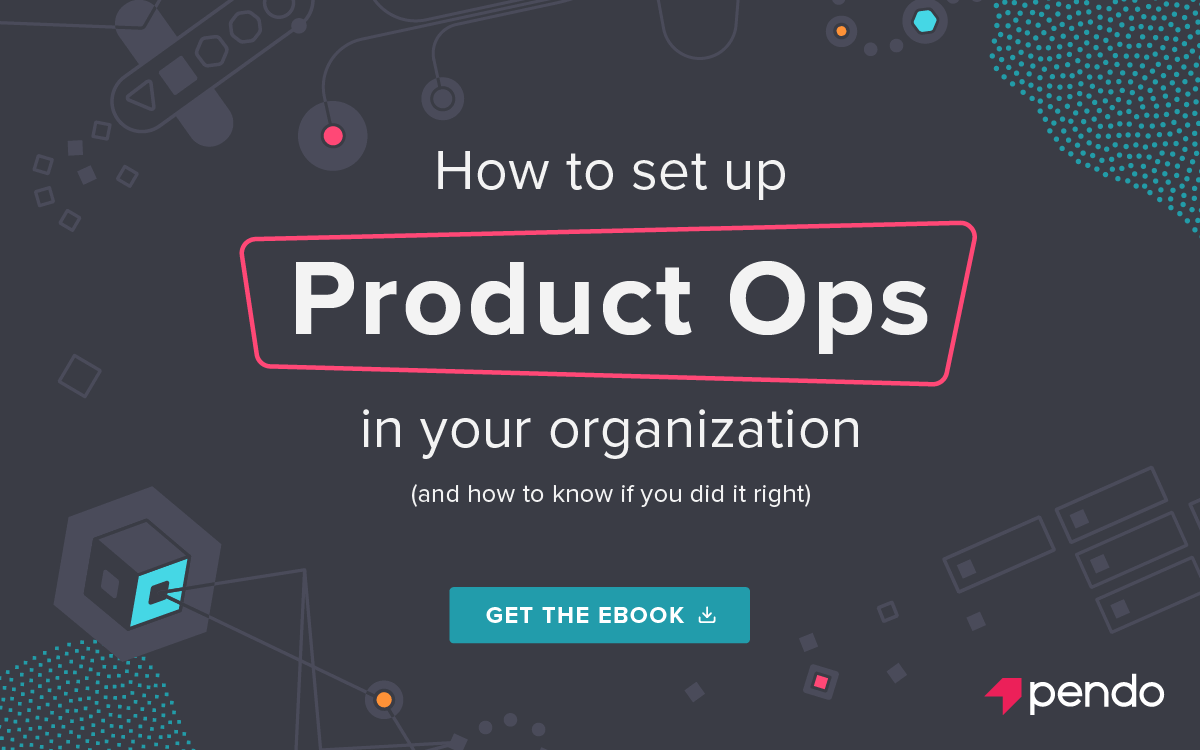For any company, growing pains are inevitable. For tech companies that are scaling quickly, they can feel insurmountable. Enter: product ops.
Just as sales ops is to the sales team, it makes sense that the product organization would benefit from an operational function to drive alignment, communication, and processes around product development, launch, and iteration.
You might need product ops, and not know it
In our latest e-book, The Rise of Product Ops, we interviewed seven experts who either perform product ops themselves, or work at companies with a product ops function. One of the biggest takeaways was that oftentimes, companies need product ops — but they just don’t realize it.
Melissa Perri, founder of ProdUX Labs, put it perfectly when she said: “Most companies don’t come to us and say, ‘we need product ops.’ It usually starts because we see product leaders struggling to make decisions, needing advice on their strategy, or lacking the right data.”
It will be different for every company, but the need for product ops usually goes hand in hand with scaling: as companies scale, silos emerge and processes can break down. And based on our interviews and research, there are certain indicators that can signal it might be time to hire for product ops.
1. Size of the team
Melissa Perri said she often sees product ops established when teams start to get bigger — particularly when there are two or three product managers working on something, or when a product leader (like a VP of product) is hired.
She also noted that it doesn’t necessarily matter if a company is “big on a small scale” or “big on a really big scale.” She explained, “Whether a company is 200 people or 45,000 people, everybody tends to need better ways to centralize their data and more efficient ways to make decisions.”
2. Number of experiments
Robert Hatta, a talent partner at Drive Capital, said that the need for product ops can come from the quantity of experiments that the product team is running. In most cases this will correlate with the size of the team, but it’s another helpful sign to keep in mind.
He explained further: “When you have enough experiments running that there’s a need for a separate, administrative function to make sure the experiments are queued up, implemented, and that the data is being fed to the product managers, product ops becomes essential.”
3. A brand new product
For Theresa Baker at Comcast, product ops became critical for their Digital Home product team when they were working to introduce a completely new product to the market. Up until that point, product ops responsibilities were being done here and there, but it wasn’t yet a formalized role.
For any new product or feature launch, the customer experience is ultimately what matters most. Theresa echoed this and said: “I think product ops is critical as you gear up for any new product launch that’s going to fundamentally change the way customers experience the product.”
4. Pace of growth
The need for product ops might also come down to not only the fact that your company is growing, but how quickly you’re growing. If you’re continuously adding a lot of new employees, expanding into new geographies, building more products in parallel, and the products themselves are getting more complex — it might be time for product ops.
Matt Shroder, head of product operations at Uber, said that establishing product ops was crucial as their product teams worked to build more and more new products. He explained: “I don’t think we had fully built out all the normal tech functions that I’ve seen in other organizations. So early on, product ops was used to push the business forward and provide insights and expertise to the people designing the next wave of products.”



